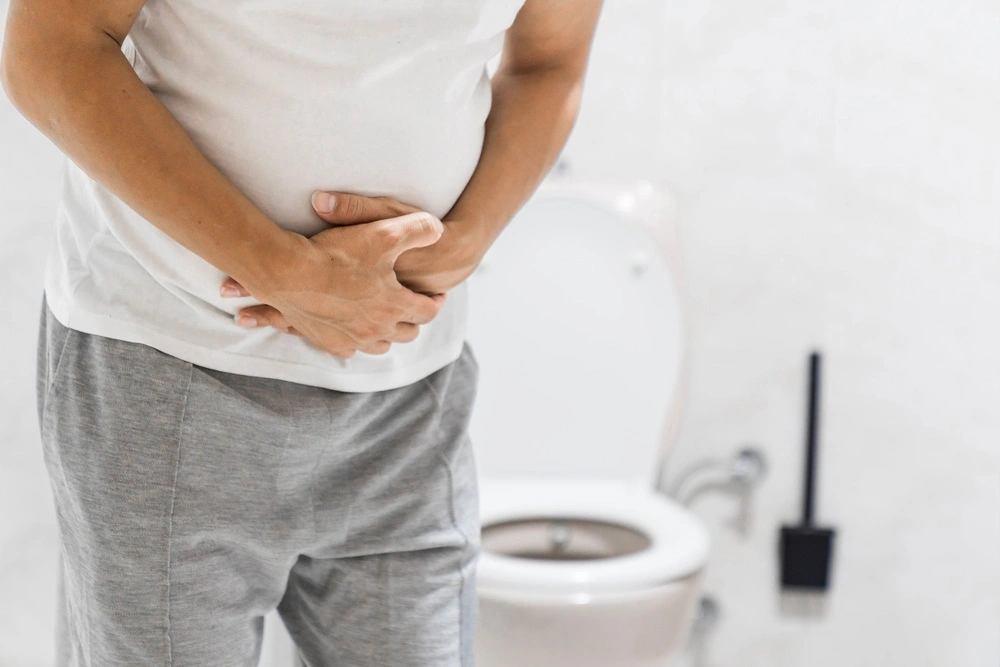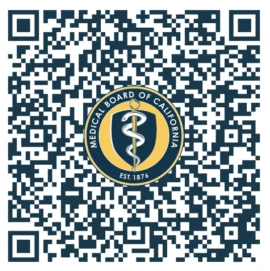Constipation is a common issue many people face after surgery. Whether due to medications, immobility, or changes in diet, post-surgical constipation can lead to discomfort and complications if not addressed promptly. At Digestive Disease Consultants of Orange County, we help patients understand how to manage constipation after surgery and when it’s time to seek medical attention.
Why Does Surgery Cause Constipation?
Several factors contribute to constipation after surgery, including:
- Anesthesia: General anesthesia slows down the body’s systems, including the digestive tract, making bowel movements less frequent.
- Pain Medications: Opioids and other pain relievers commonly prescribed after surgery can lead to constipation by slowing bowel function.
- Reduced Mobility: After surgery, patients are often less active, which decreases the natural movement of the intestines.
- Dietary Changes: Surgical recovery may involve changes in eating habits, including lower fiber intake or decreased fluid consumption, contributing to constipation.
How Long Does Post-Surgical Constipation Last?
For most people, constipation after surgery is temporary and resolves within a few days to a week. However, it’s essential to monitor your symptoms and take steps to relieve constipation to avoid complications such as fecal impaction, which may require medical intervention.
When to Worry About Post-Surgical Constipation
While constipation is common after surgery, there are instances when it can become a serious issue. You should be worried if you experience:
- No bowel movement for more than 4 days
- Severe abdominal pain or bloating
- Nausea or vomiting
- Blood in your stool
- Inability to pass gas
These symptoms may indicate a bowel obstruction or other serious complications that require immediate medical attention.
Tips to Relieve Constipation After Surgery
Addressing constipation early can help prevent discomfort and complications. Here are some effective strategies:
1. Increase Fluid Intake
Staying hydrated is essential for softening stools and preventing constipation. Aim to drink at least 8 glasses of water a day, and consider including herbal teas or clear broths to boost your fluid intake.
2. Eat Fiber-Rich Foods
Gradually reintroduce fiber into your diet once you’re cleared to eat solid foods. Fiber helps bulk up stool and promotes regular bowel movements. Focus on:
- Whole grains
- Fresh fruits (such as apples, pears, and berries)
- Vegetables (like broccoli, carrots, and spinach)
- Legumes (beans, lentils, and peas)
3. Move Around
Even light physical activity, such as walking, can stimulate your intestines and encourage bowel movements. As you recover, increase your activity level under your doctor’s guidance.
4. Consider Over-the-Counter Remedies
If constipation persists, over-the-counter stool softeners or mild laxatives can provide temporary
relief. However, these should only be used sparingly and under the advice of your healthcare provider to avoid dependency or worsening symptoms.
When to Contact Your Doctor
If home remedies and lifestyle changes aren’t effective in relieving your constipation, or if you experience any of the concerning symptoms mentioned earlier, contact your healthcare provider immediately. Prolonged constipation can lead to more serious complications, such as bowel obstruction or fecal impaction, which may require medical intervention, including a procedure or hospitalization.
Preventing Post-Surgical Constipation
To reduce your chances of constipation after surgery, it’s essential to take preventive steps as part of your recovery plan. Here are some tips to help:
- Stay Hydrated: Drink plenty of water before and after surgery to keep your digestive system functioning smoothly.
- Eat a Balanced Diet: If possible, maintain a diet rich in fiber before surgery, and reintroduce fiber gradually post-surgery when appropriate.
- Stay Active: Move as much as you are safely able to after surgery, as this can promote digestive health.
- Follow Medication Guidelines: Speak to your doctor about alternatives to opioid pain medications, which are a common cause of post-surgical constipation.



